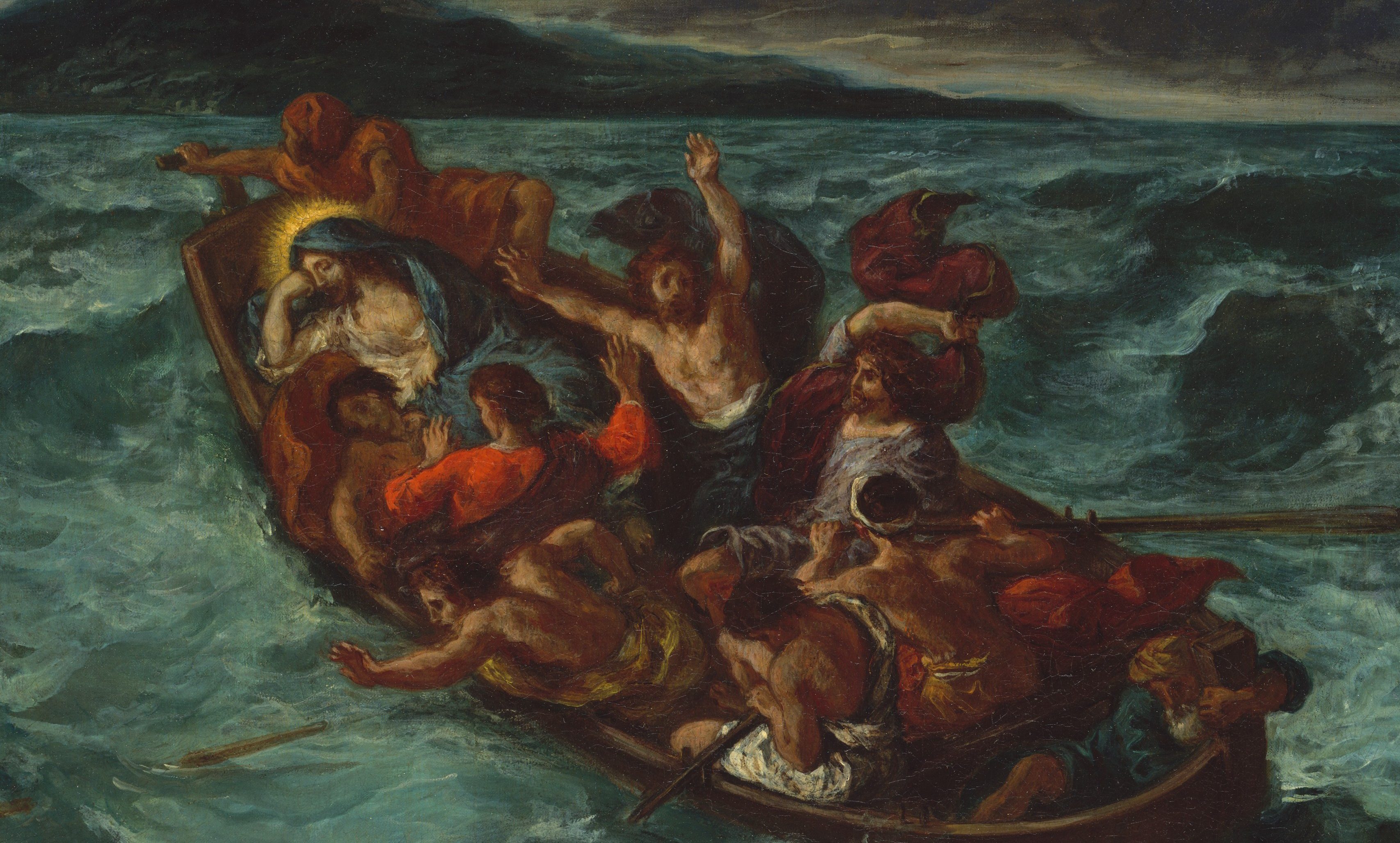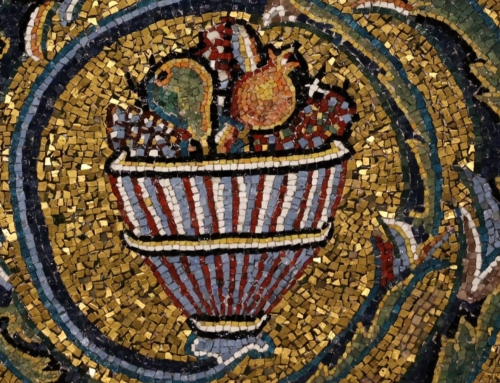“Do not babble like the pagans do
Thinking many words louder than few.”
But I can merely mumble one
At the smashing news: I am heard in none.
I met a woman this summer, poor and weary, working 60 hours a week as a maid and a phone-banker. She had put in the effort for a promised bonus, she told me, but when it came time for the paycheck, she was denied. A lie and a few statistics, and she was out of luck, with nothing to say for fear of losing her job. Now, I could tell her (and I did) that the Scriptures say that such a crime “cries out” to heaven (Jas 5:4), but is that an answer? Why is God still silent?
As it stands, no one can escape the anguish of injustice and helplessness. It bares its face not only in sickness and in death, but in every moment of choice and dependence, in all the whirlwind of events outside our control. Because of this anguish, life can seem to be more a matter of coping than being alive.
And what to do when even coping is no longer an option? We can look to the experience of the disciples. When a storm shook the boat in which they were traveling, they were terrified: the boat was filling with water! They cried out to Jesus, who was sleeping on a cushion: “Teacher, do you not care if we perish?” (Mk 4:38). But after he calmed the storm, he rebuked them: “Why are you afraid? Have you no faith?”
Were they wrong to cry for help? No, they were wrong to think the Lord unaware of or unmoved by their sufferings. We so easily forget that Jesus is Emmanuel, that he has put himself with us, all (as it were) in the same boat. The dangers we fall under, the threats we endure: he has taken them upon himself. Conversely, he invites us into his inheritance of the Father’s love. He offers us repose with him on his own pillow of unshakable sonship.
So when we are nauseous and shaking in our socks, and when it seems that our providing God is taking his afternoon break, we might consider that, rather than turning a blind eye, he is presenting us an example. In all of the terrors—great or small, unjust or only inconvenient—that threaten our life, our loved ones, or our livelihood, his bed of rest is always available to us. We should ask for what we need, but always with trust that He already knows. He knew before we did. Thus, quietly with Christ, we are in our Father’s steady hand. And glancing toward him, we remember what the apostles learned that day: “Who then is this, that even wind and sea obey him?”
✠
Image: Eugène Delacroix, Christ Endormi pendant la Tempête (detail)







